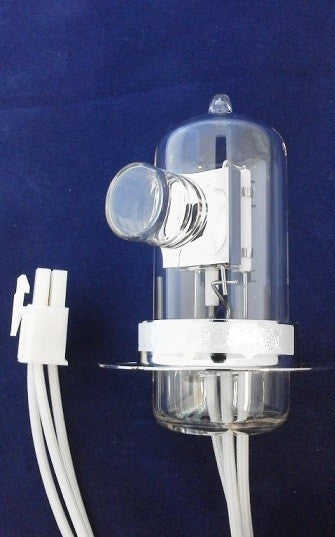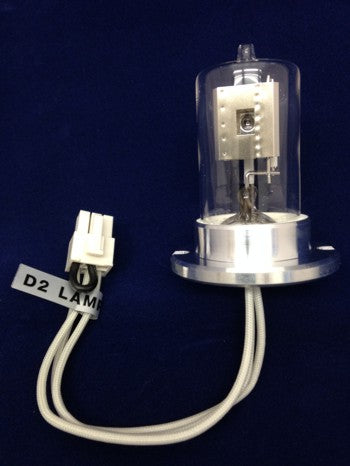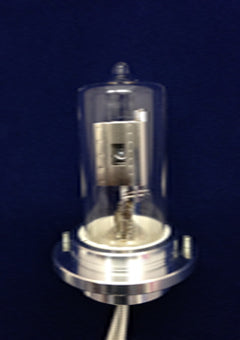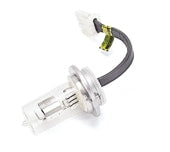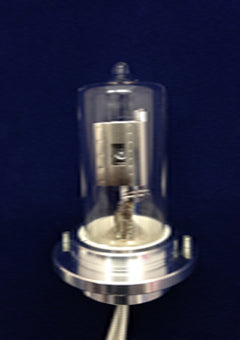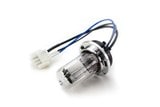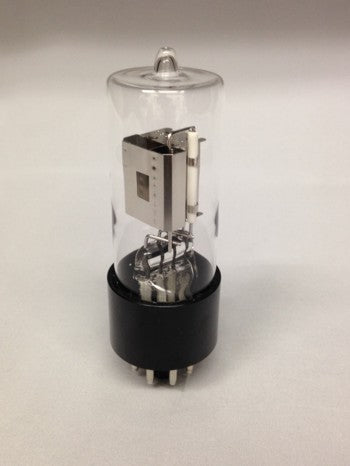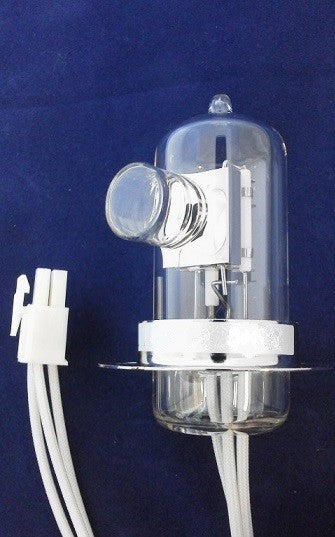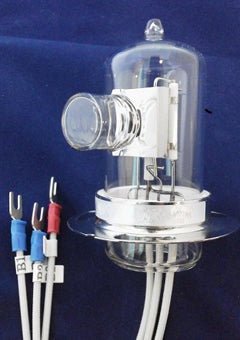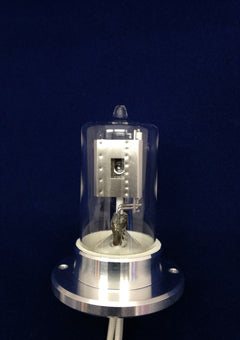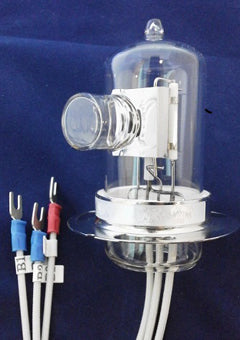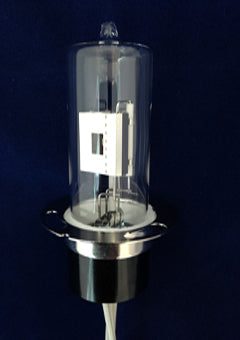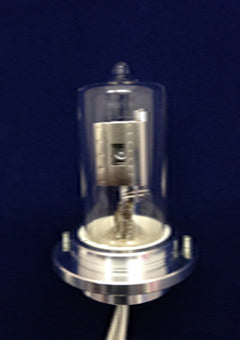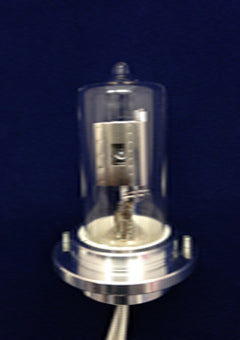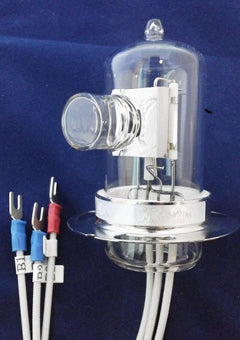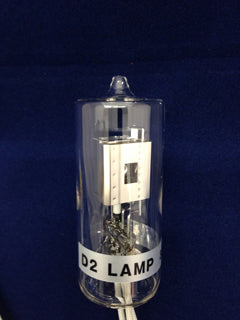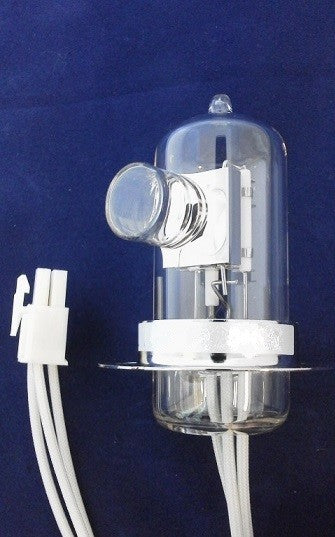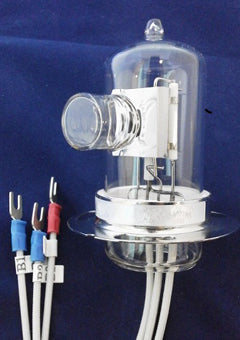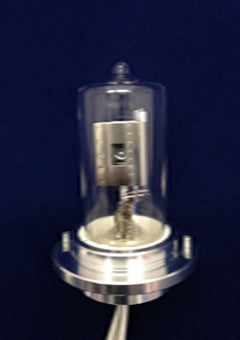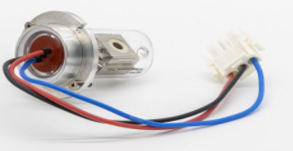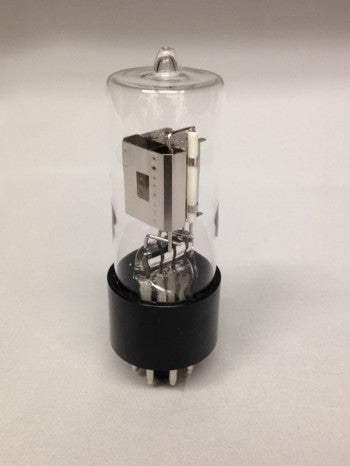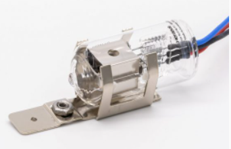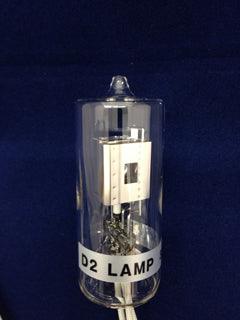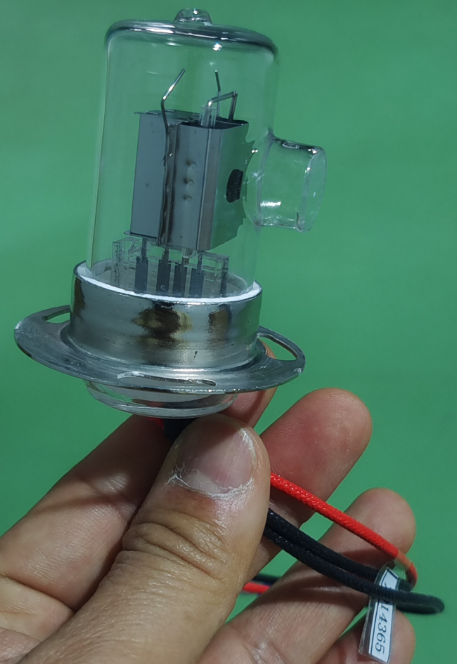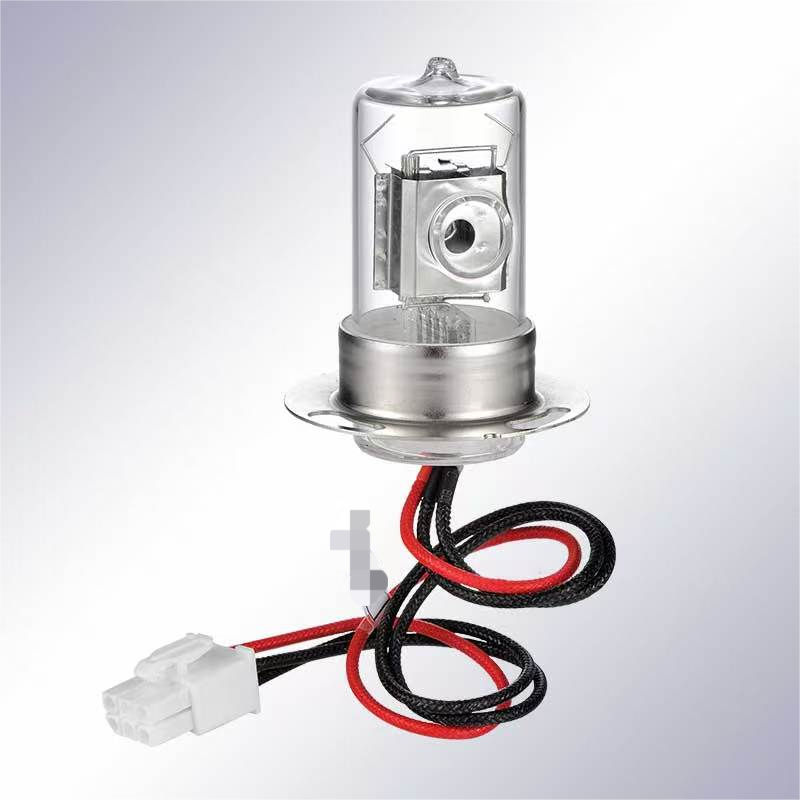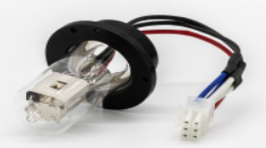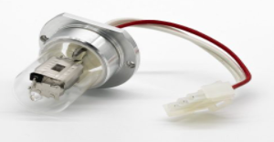JM Science supplies high-quality deuterium (D2) lamps for HPLC and UV-Vis detectors, ensuring stable baselines, long lifetime, and reliable analytical results. As a trusted supplier to laboratories across North America, our deuterium lamps are compatible with a wide range of Hitachi and other HPLC detector models.
Deuterium lamps are essential for UV absorbance detection in chromatography, providing continuous spectra from 160–400 nm with excellent intensity and stability. By offering OEM-quality replacements, JM Science helps laboratories maintain detector performance and avoid costly downtime.
While atomic absorption (AA) spectroscopy has declined with the rise of ICP-MS, many laboratories continue to use AA instruments. JM Science also supplies AA lamps (hollow cathode lamps) as part of our consumables portfolio, supporting laboratories that still rely on these systems for elemental analysis.
🔧 Why Choose JM Science Lamps?
-
OEM-quality replacements for Hitachi and other major brands
-
Stable output and long operating lifetime
-
Supported applications: HPLC/UV-Vis detection, spectroscopy, elemental analysis
-
Expert support — we’ll help you select the correct lamp for your detector or AA instrument
✅ Applications
-
Deuterium lamps: HPLC UV detection of pharmaceuticals, food additives, pesticides, and environmental contaminants
-
AA lamps: Elemental analysis in metals, minerals, and environmental testing
Deuterium vs. AA Lamps
| Feature | Deuterium (D₂) Lamps | AA Lamps (Hollow Cathode) |
|---|---|---|
| Primary Use | UV light source for HPLC & UV-Vis detectors | Element-specific light source for Atomic Absorption spectroscopy |
| Wavelength Range | Continuous 160–400 nm | Narrow spectral lines unique to each element (e.g., Cu, Zn, Fe) |
| Applications | Pharmaceutical testing, food & beverage, environmental contaminants, pesticides | Elemental analysis of metals, minerals, soils, and water |
| Instrument Compatibility | HPLC UV detectors, UV-Vis spectrophotometers | Atomic Absorption spectrometers (single- or multi-element lamps) |
| Lifetime | Typically 1,000–2,000 hours | Typically 500–1,000 hours, varies by element |
| Market Trend | Still widely used for chromatography detection | Declining; ICP-MS and ICP-OES replacing AA spectroscopy |
| JM Science Advantage | OEM-quality replacements for Hitachi and other detectors | Select range of common AA lamps still available for legacy users |
Deuterium Lamp FAQ
Q1. How often should I replace a deuterium lamp?
Most deuterium lamps last between 1,000 and 2,000 hours of use, depending on the instrument and operating conditions. A weakening baseline or reduced sensitivity usually indicates it’s time for replacement.
Q2. How can I extend the lifetime of my deuterium lamp?
Avoid frequent on/off cycling, which stresses the lamp. Instead, keep the lamp on during active lab sessions and turn it off only when not in use for extended periods. Proper ventilation and stable power also extend lifetime.
Q3. Are JM Science deuterium lamps OEM quality?
Yes. JM Science supplies OEM-quality deuterium lamps designed for Hitachi detectors and other major brands, ensuring performance equal to or better than factory originals.
Q4. How do I know which lamp fits my detector?
Contact JM Science with your detector model (e.g., Hitachi L-2400 UV detector), and we will confirm the correct lamp to ensure compatibility.
Keep your detectors performing at their best with our Deuterium & AA Lamps. JM Science supplies OEM-quality deuterium lamps for Hitachi and other UV detectors, plus a selection of AA lamps for laboratories still using atomic absorption instruments.
Looking for complete HPLC solutions? Explore our Hitachi HPLC Detectors, available from JM Science as an authorized distributor. Pair your detector with OEM-quality deuterium lamps for long-lasting, reliable performance.
❓ FAQ
Q1. How long do deuterium lamps typically last?
Most D2 lamps last 1,000–2,000 hours, depending on use and detector conditions.
Q2. How do I know which lamp fits my detector?
Contact JM Science with your detector model (e.g., Hitachi UV-Vis detector) and we’ll confirm the correct lamp.
Q3. Do you still stock AA lamps?
Yes — although demand has declined, we maintain availability of common AA hollow cathode lamps for customers who still operate AA spectrometers.

